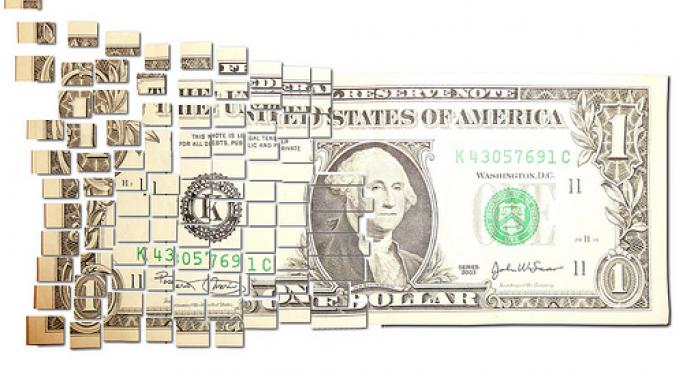As a friend of mine pointed out, there was a weird thing happening in cyberspace this week: People were rationing grief. Portioning it up like that really can be done, like any of us could put a cap on sadness, anger, denial, fear.
Anxiety Management – Treating Anxiety
Fear denied, repressed, suppressed, or put out of mind is not fear extinguished.
Treating anxiety: 'as if'
I've been told that acting 'as if' I'm not nearly as anxious as I am is a helpful thing. It's also dangerous. As with almost any technique sometimes is fine but if you're anything like me and you'll do whatever you have to do to be able to put your anxiety aside and function, and if what you want is to go on with as much of life as you can, uninterrupted by fear, then it can become destabilizing.
"The meds don't work!" I hear it a lot. From rational people. It's shorthand, a way to tell me that psychiatry has failed them. Unfortunately it's also used as a vantage point from which to argue that psychiatric medications are universal bunkum. I find this insulting; It implies those taking medication for mental health issues are at least a little clueless, prone to hypochondria. One step barely removed from calling the lot of us hysterics. So much for a century of scientific research and advocacy.
On a scale of 1-10 how annoying is it when therapists ask questions which sound more like triage than psychotherapy?
One of my commenters took me to task for not talking much (or indeed at all) about the behavioral side of cognitive behavioral therapy (CBT) in a recent post. I shall now regale you with exciting tales of behavioral psychology in order to rectify the situation. Or not, since I expect your definition of exciting extends a touch beyond this topic.
My somewhat love-hate relationship with the B part of CBT aside, the real question is what works.
One of the things that drives me crazier than usual is this notion that anxiety is in overwhelming proportion amenable to rational thought on the part of the person suffering from the anxiety disorder. It's a persistent idea. It's also wrong.
Cognitive behavioral therapy: What they don't tell you, why you should find out
Feel free to question my emotional competence but I'm not insane. For that matter, most people with mental illness are not insane.
This may be obvious but for many it's not. Anyway, how many times have you thought, 'oh goodness, I must be really losing it this time' during the course of mental health difficulties?
It's a common concern that can dramatically increase the amount of anxiety a person experiences. It may also inhibit their ability to trust, and to ask for help.
Happy is what brings healthy, and viceversa, so it can't be that much of a surprise anxiety and depression have had some pretty rough consequences on my health; High blood pressure at 25, on-and-off flings with anemia, near-constant sleep deprivation.
I may as well have an imp bouncing up and down on my kidneys whilst someone tells my nervous system to pump out all the stress hormones its got, so I can feel normal, or at least prepared. Like a Girl Scout on crack. That's PTSD hypervigilance for you.
It's also that sometimes our bodies express what we are otherwise unwilling, or unable to say.
Life with mental illness isn't always fun. Not just because I have a real illness, and that real illness really does affect my life but because some folks have trouble accepting this. I'm not entirely sure why except they don't like the thought that someone with mental illness can "omg, look just like them," and still be quite unwell.
Even after all this talking, and doing, fixing, and mulling-over, and redoing, I still find that I go through stages of really, really disliking dealing with myself, all this: the anxiety.
I worry about the things that maybe I can't fix.
That's potentially the hardest thing to face about the words which preface my diagnosis; It isn't PTSD. It's 'chronic, severe' PTSD.
So you see, there's really no getting out of it. I can't say, "well, I only have a little post traumatic stress," or "Anxiety only gets this bit of my life!". It gets rather a lot, actually. And people with anxiety disorders don't get nearly enough say about it. Not. nearly. enough.
I come up against this wall plenty, in treating anxiety: Combating the sense of hopelessness, of powerlessness, that only too often accompanies the worst symptoms of anxiety disorders.
How do I not get stuck when simply feeling things seems way above my pay grade?
"If you know neither yourself nor your enemy,
you will always endanger yourself."
-The Art of War









